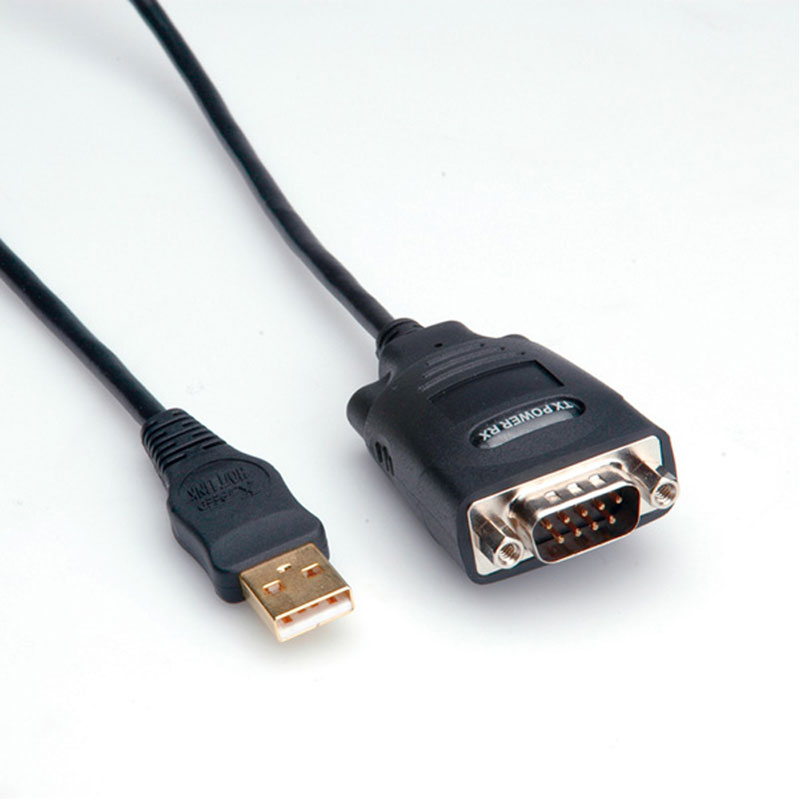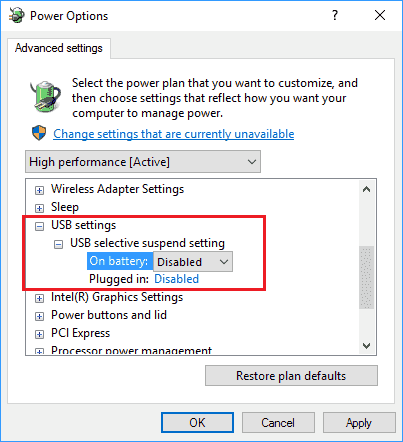
Dec 18, 2017 - So far, I've tried updating my USB drivers, but ASRock doesn't list any in the downloads for Windows 10 for my board. I guess they just want us.
Prince of persia the two thrones pc crack free download. * Experience a masterful blend of gameplay True to the Prince of Persia franchise, the game provides a variety of action combat, agility and story-driven puzzles all masterfully blended together into a rich gaming experience. * Immerse yourself in a dramatic story Experience unparalleled depth in storytelling as you fight your way through a twisting tale filled with adrenaline, tension and discovery. * Manipulate time to surprise enemies Execute powerful attacks against entire armies by slowing down or rewinding time, or surprise them by using some all-new Sands of Time powers.
Hello all, I've run into a real headache here. To start off, here's my specs Intel Pentium G4560 (no overclock) ASRock B250M-HDV 8GB DDR3 2133MHz Nvidia OEM GTX 760 ti (no overclock) 240GB Samsung SSD 850 EVO (boot and games) 1TB WD Black HDD (main storage) 2TB WD Blue HDD (File History) Seasonic M12ii 520W Bronze EVO Edition Nothing overheats. I can run AIDA64 System Stability test for hours without issue and real world use also confirms that nothing goes above 70C. Now here's my headache: Seemingly without reason, rhyme or rhythm, I'll get a message from the Action Center telling me that a USB device has malfunctioned and wasn't recognized. I've tried restarting the PC without any USB devices connected (not even mouse/KB), and I still got the error after it ran for a few minutes. Strangely enough, it seemed to wait until well after everything startup related had finished and the system had calmed down to idle before giving the error. So that means it's not an external USB device, right?
I don't have any USB controller cards or anything to add extra ports, so I would imagine that it's something on the motherboard. Here is the information I've found from Device Manager regarding the 'malfunctioning' device: General Tab Device Type. USB ROOT_HUB30&VID8086&PIDA2AF&REV0000 USB ROOT_HUB30&VID8086&PIDA2AF USB ROOT_HUB30When I Googled these, I got multiple results and wasn't sure what to go with. I don't know if new drivers will solve my issue or not.
Also, I've tried turning off Windows Power Management bullcrap for these devices by not allowing USB power savings in Choose A Power Plan, and I've unchecked 'Allow the computer to turn off this device to save power' in the Power Management tab for the devices who's IDs are listed above. Any and all advice is welcome. Thank you in advance, Darren. The only other physical thing I can think of is to carefully inspect the rear panel ports for damage whereby a connector is grounding, etc.
I've also seen the USB header leads pulled off the motherboard rear panels. The only software thing I can think of it to simply uninstall all the USB devices under device manager and allow them to re detect.
Okay well all of the ports work fine when I plug different types of devices into them. And the USB 3 ports do operate at USB 3 speeds.
Through figuring out the syntax of a hardware ID, I was able to find the name of one of my Controllers. I'm gonna go with Intel® USB 3.0 eXtensible Host Controller Driver 5.0.4.43. Currently I'm running a Microsoft driver called USBXHCI.sys. I'm working on finding drivers from Intel for my other controller. It's just that the website takes some getting used to and I'm still having to look at cheat sheets to pull the info I need out of hardware IDs.
If your USD device has suddenly stopped working, or if you are getting this error, there is nothing to worry anymore. We will help you fix this problem and error using our methods.
Simply follow and perform the methods one by one, until the issue is fixed. How to Fix Error USB Device Descriptor Failure The error can occur due to different reasons. So, you may have to try a number of methods, before it gets fixed. Perform these methods to solve the problem. Troubleshoot the Error ( ★ Working Method ★ ) In the first method, we will try to fix the issue using Windows Troubleshoot. Windows Troubleshoot is Windows’ inbuilt tool that searches for issues and fixes them. Many users have fixed the error using this method.
Follow the steps to fix the problem. Open Troubleshoot.
To open Troubleshoot, Go to Cortana and type Troubleshoot. Select Troubleshoot from results.
The last step will open a Troubleshoot window. Here, click on Hardware and Devices.

Now the Windows will check for issues. When the process is done, click on Apply this Fix or Apply Repair Automatically, whichever appears. After applying the fix, you just need to restart your computer. This should fix the problem. If you are still facing the problem, follow the next method. Uninstall Unknown USB Device Driver In this method, we will uninstall the drivers of the Unknown USB Device (Device Descriptor Failure).